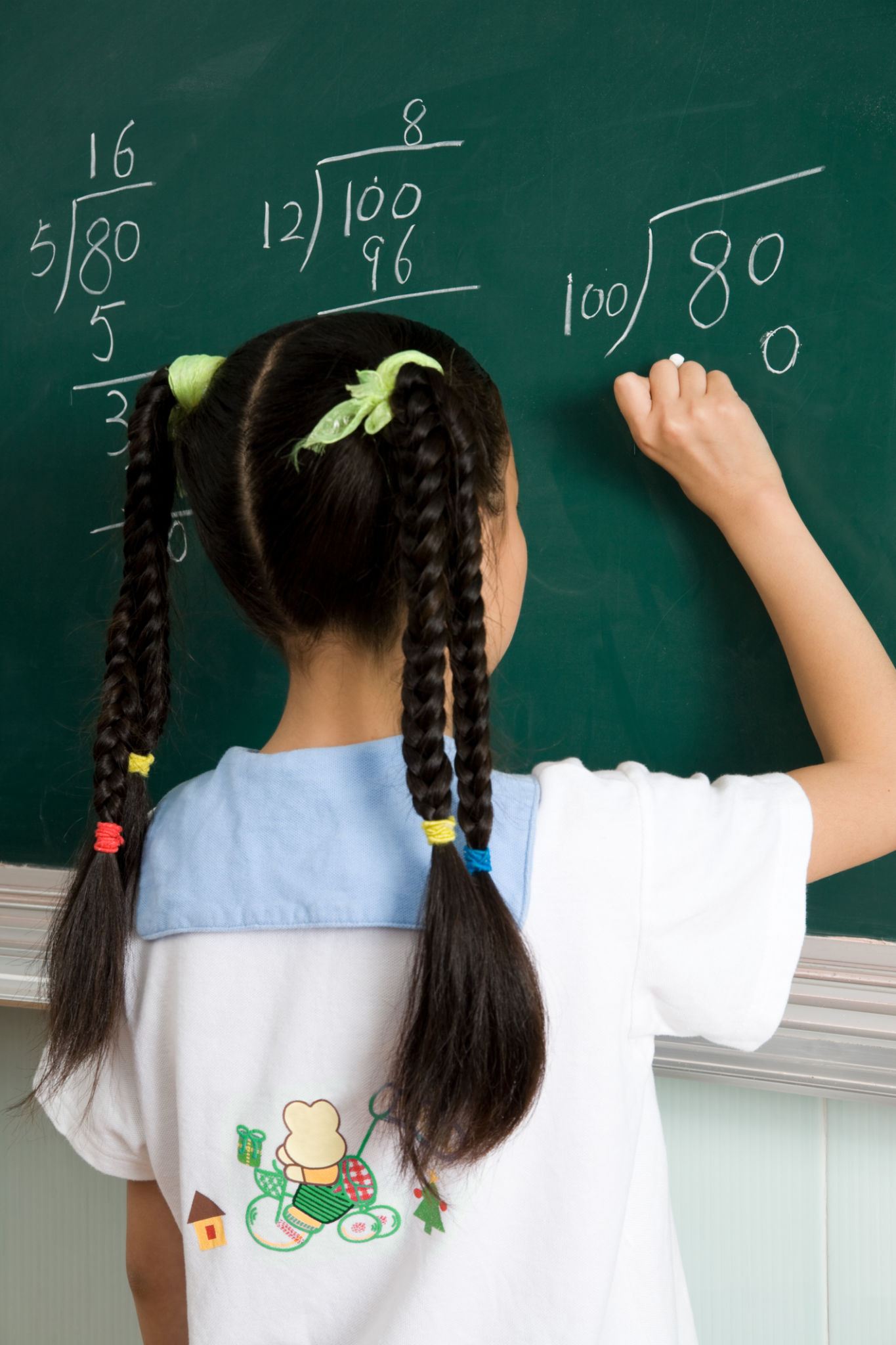How to Prepare for the Malaysian School Year: A Parent's Guide
Understanding the Malaysian School System
Preparing for the Malaysian school year can be an exciting yet daunting task for parents. Understanding the structure of the Malaysian education system is the first step. In Malaysia, the academic year usually starts in January and ends in November, divided into two semesters. It's crucial to familiarize yourself with the school calendar to plan holidays and activities accordingly.
The curriculum in Malaysian schools varies between public, private, and international institutions. Public schools follow the national curriculum, which includes core subjects such as Bahasa Malaysia, English, Mathematics, and Science. For international schools, the curriculum may align with British or American standards, offering a broader range of subjects.

Gathering School Supplies
Once you have a grasp of the educational system, it's time to gather school supplies. A well-prepared school bag is essential for your child's success. Start by making a list of necessary items, which typically includes:
- Notebooks and stationery: pens, pencils, erasers, rulers
- Textbooks and workbooks as specified by the school
- A suitable school bag for carrying books and supplies
Be sure to check with your child's school for any specific requirements or recommendations. This ensures that your child has everything needed for a smooth start to the school year.

Uniforms and Dress Code
In Malaysia, most schools have a strict uniform policy. Parents should ensure they purchase the correct uniform that aligns with the school's dress code. It's advisable to buy at least two sets of uniforms to manage laundry needs effectively during the week.
Footwear is another important aspect. Make sure your child has comfortable and durable shoes suitable for both indoor and outdoor activities. Pay attention to details such as socks and any additional accessories that might be required.

Setting a Routine
Establishing a routine is crucial for a successful school year. Aim to set regular bedtimes and wake-up times to help your child adjust back to school timings. This routine should also include designated periods for homework and study.
Encouraging your child to participate in extracurricular activities can also be beneficial. These activities not only provide a break from academic work but also help develop social skills and interests.

Health and Nutrition
A healthy diet plays a pivotal role in a child's academic performance. Ensure that your child eats a balanced diet rich in fruits, vegetables, proteins, and whole grains. Packing a nutritious lunchbox will keep your child energized throughout the day.
Regular health check-ups are equally important. Make sure vaccinations are up-to-date and schedule any necessary appointments before the school year begins.
Communication with Teachers
Establishing open communication with your child's teachers can greatly enhance their educational experience. Attend parent-teacher meetings and stay informed about your child's progress and any areas needing attention.
Don't hesitate to reach out to teachers if you have concerns or require clarification on any aspect of your child's education. Active involvement can make a significant difference in your child's academic journey.

Preparing Emotionally
Finally, preparing your child emotionally for the school year is vital. Talk to them about any concerns they may have and provide reassurance and support. Encourage positive thinking and set achievable goals together.
Remember, every child adjusts differently to a new school year. Patience and understanding go a long way in helping them navigate this transitional phase smoothly.
